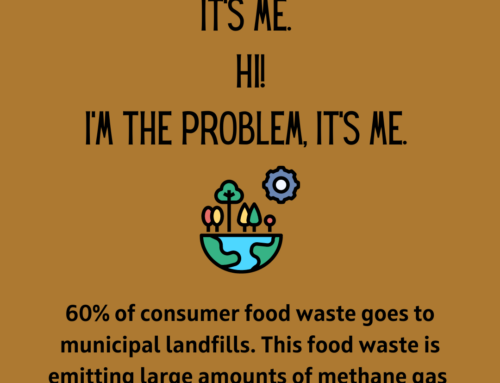Dr. Robert Lustig, a pediatric endocrinologist from California, came onto the nutrition scene in 2009 when he posted on YouTube a lengthy lecture about the alleged dangers of fructose. After millions of hits, his mantra that sugar is “poison” began to take hold for a select group of consumers and in some research circles. He now maintains his general view that everyone should adopt a no-sugar diet in his new book, Fat Chance: Beating the Odds against Sugar, Processed Food, Obesity and Disease. I give Lustig credit for his initial desire to help solve the obesity epidemic. This most likely stems from his years of working with morbidly obese children, and genuinely caring about the problem. Lustig has seen countless children who are morbidly obese, and sick as a result. So he is caring about a good cause, but his answers to the problem are unfortunately short sighted and unrealistic.
A colleague, Jeff Novick, recently wrote a post about sugar and obesity and touched on the philosophy of Lustig. He challenged Lustig, making several great points that clarify the difference between fructose and high fructose corn syrup, and also how poor eating habits aren’t just about sugar.
“Dr Lustig means well, but his focus is really off-base and misguided as well as misleading…”
Novick, like many of my RD colleagues, recommends that sugar be consumed in moderation, not completely avoided. He also makes a great point: People eat differently. This matters because it is the whole diet that counts, not one or two choices. One style of eating that Novick describes is the person who consumes a low sugar diet, but consumes an otherwise unhealthy diet (possibly high fat, low fiber, high sodium, and without any fruits and vegetables). The overall composition of our diets over, say a week’s time, matters. What we include matters as much, if not more, as what we exclude.

Photo: FreeDigitalPhotos.net
Is a Calorie a Calorie?
The other important factor to consider is human behavior. I have met many doctors over the years who simply want their patients to “go on a diet” or “don’t eat this, eat that.” If it were this simple, we wouldn’t have an obesity problem. People would easily rationalize that “If I eat too much, I’ll gain weight,” and they could say no, close their lips and have a drink of water instead. Lustig’s opinion however is that calories don’t matter, and that a “calorie isn’t a calorie.”
There is some difficulty applying the first laws of thermodynamics to human consumption of food and beverage, and it may not be as clean-cut as “A calorie is a calorie,” but in the end, when calories are reduced from what was previously consumed, weight loss occurs. People can eat in many different ways which can “equal” a healthy diet. For example, if you instructed someone to “Eliminate bread and all sugar, and eat more fruits and vegetables every day,” and they complied, they most likely would also lose weight. You could conclude: “They lost weight because the quality of their calories improved, not because they ate less calories.” But indeed, they did eat fewer calories!
I could come up with all sorts of eating patterns and scenarios where you could argue that a calorie is or isn’t a calorie, but the bottom line is: People out of captivity (unlike research participants who are in captivity) will eventually have to eat on their own, and modify portions and choices. They will have to eat every day, and in social situations. In the end, the secret to weight loss does come down to calories, but it also comes down to choices and behaviors (again, what you include versus what you exclude).
I was a nutrition consultant to the Corn Refiner’s Association, when this article posted, but my opinions are my own.




